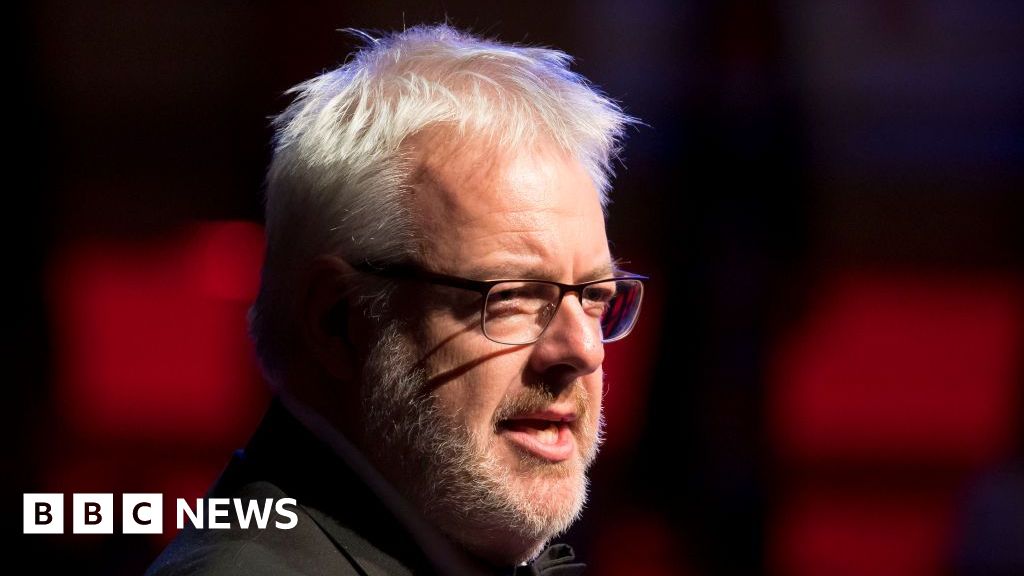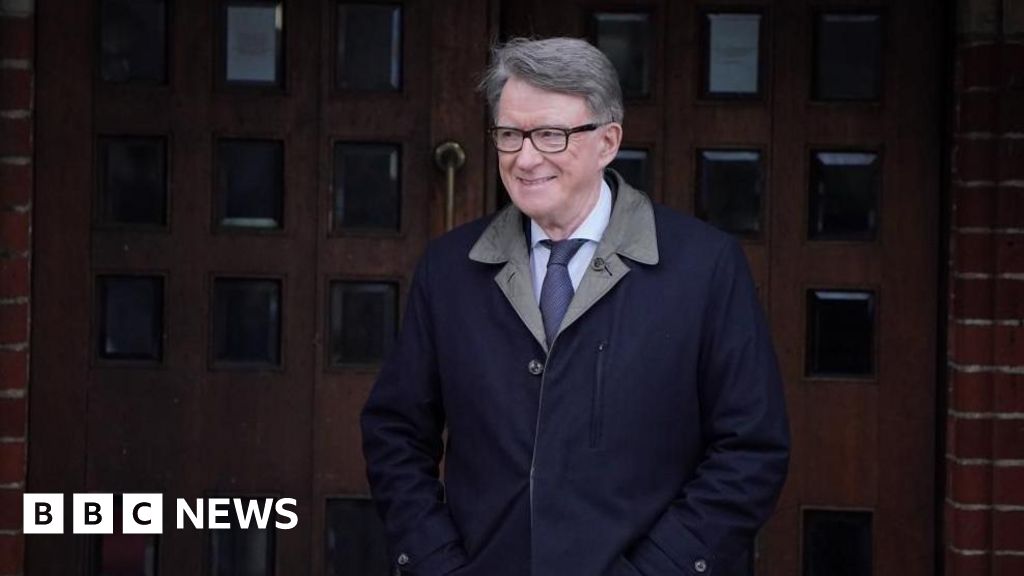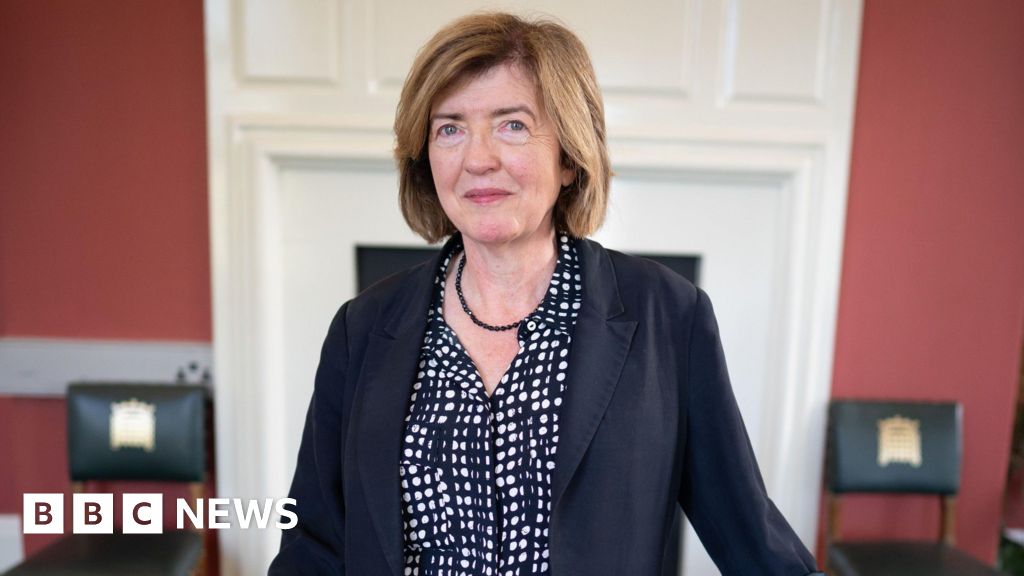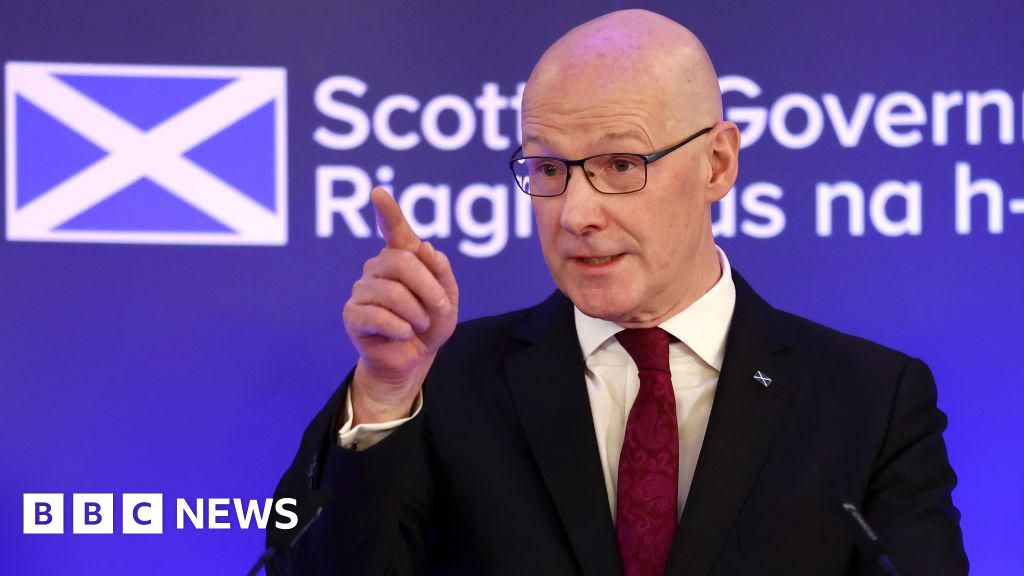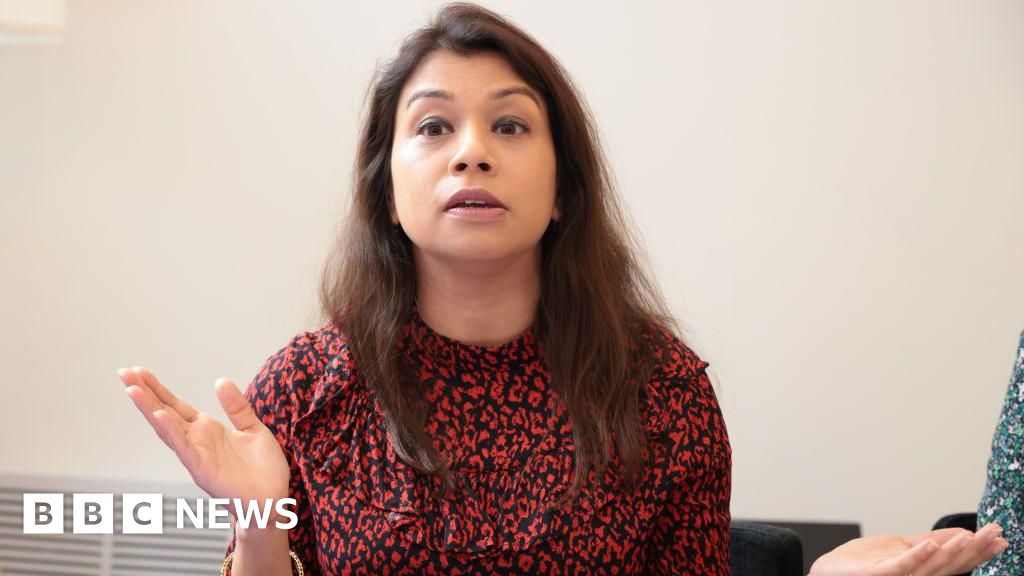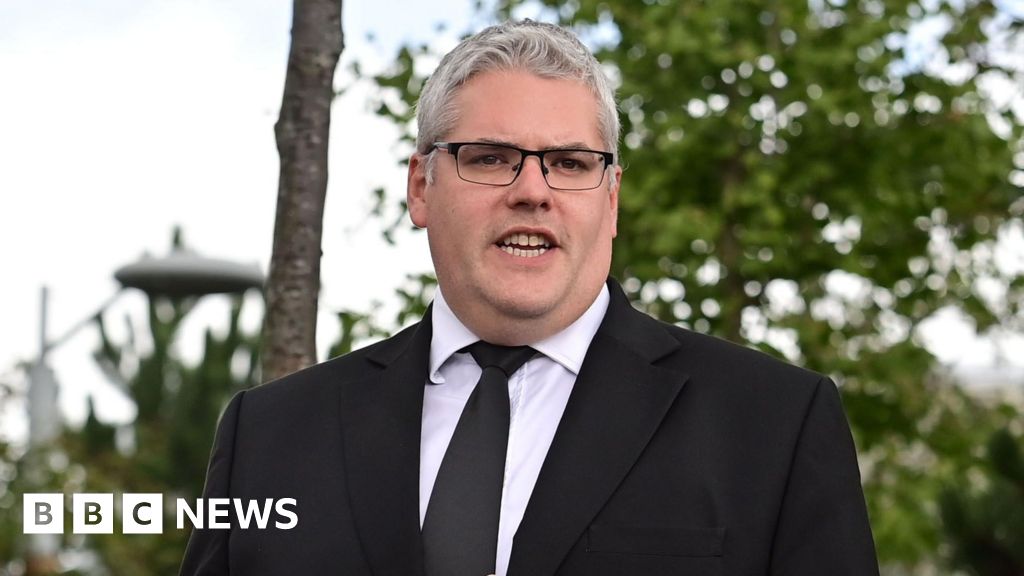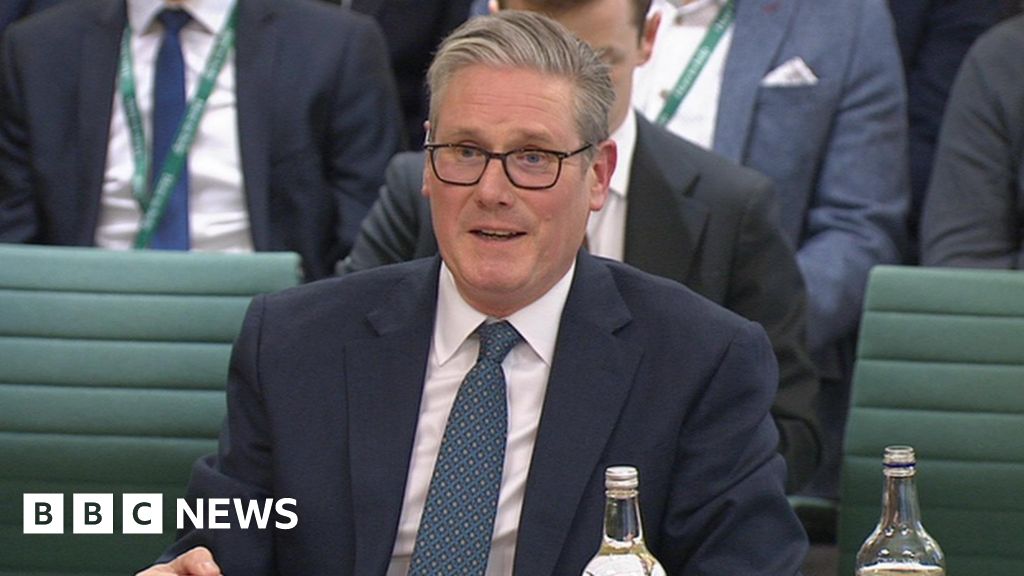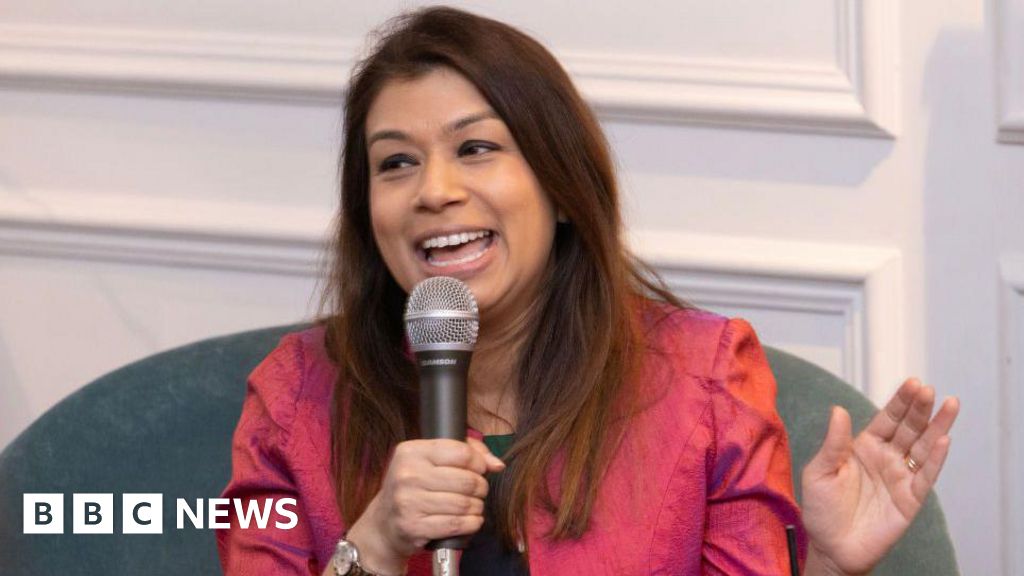The government should "unequivocally reject" calls for the UK to pay reparations for its role in the slave trade, Tory leadership candidate Robert Jenrick has said.
He said calls for the UK to pay reparations were "based on false and misleading narratives about our past".
Britain "worked harder than nearly any other country to eradicate the practice" in the 19th century, adding that the campaign against slavery was "opposed by many African kings".
There have been attempts to get reparations discussed at a meeting of the 56 Commonwealth countries in Samoa.
Chancellor Rachel Reeves has already ruled out making payments, telling the BBC: "That's not something that this government is doing."
Prime Minister Sir Keir Starmer said the slave trade was "abhorrent" but that it would be better to focus on "today's challenges" such as climate change.
Caribbean countries have been particularly keen to press the issue. Earlier this week, Bahamas foreign minister Frederick Mitchell told BBC Radio 4's Today programme that reparations were not just about money but a matter of "respect, acknowledging the past was wrong and needs to be corrected".
Kemi Badenoch, Jenrick's opponent in the Tory leadership race, said the government was facing reparation demands because Labour politicians had "spent their time in opposition supporting these sort of fringe, unnecessary causes under the guise of decolonisation".
"Now the British public are waking up to the reality of a Labour government that is ashamed of its own country - giving away the Chagos Islands, watering down Britain’s influence at the UN, and reducing our support for Israel in their fight against terror.
"If I am leader of the opposition I will ensure Keir Starmer is held to account for his deplorable actions.”
Reparations are actions that can be taken to amend for past wrongs. For example, in 2013, the UK government paid £19.9m to 5,000 elderly Kenyans who had been tortured by British colonial forces in the 1950s.
From the 16th century, the British government, along with other European countries, participated in the transatlantic slave trade.
It is estimated that between 1500 and 1800 around 12 -15 million people were trafficked from African countries to be used as enslaved labour in the Caribbean, North, Central and South America. Around two million died on the journey to the Americas.
Having been one of the big beneficiaries of the trade, Britain had a key role in ending the practice and abolished slavery in 1833.
As part of the policy, British plantation owners were paid £20m for the loss of their slaves, creating a debt the UK only finished paying off in 2015.
Addressing the Henry Jackson Society think tank in London, Jenrick said: "It was Britain that spent 1.8% of GDP between 1808 and 1867 on eradicating slavery - the most expensive moral foreign policy on human history."
"It was a campaign in fact opposed by many African Kings.
"The West African squadron sacrificed their lives for liberty and freedom and it is high time that we recognise their contribution with a national memorial to honour them and everything that they did."
The Royal Navy squadron was tasked with stopping vessels transporting slaves and was involved in freeing around 150,000 slaves in the 19th century.
Just as European nations were enriched themselves through the slave trade, some African slave sellers also profited from the practice.
Jenrick said calls for the UK to pay reparations were "based on false and misleading narratives about our past".
Last year, a UN judge co-authored a report which estimated that the UK should pay £18.8tn for its involvement in slavery.
The report said the harm caused by the slave trade was "vast" adding: "Its repercussions resonate in the lives of descendants of the enslaved to this day."
It also argues that descendants "even to this day" have lower incomes and poor health outcomes.
Historian Professor Sir Hilary Beckles told the report that slavery had led to the black population in the Caribbean experiencing high levels of diabetes, with Barbados and Jamaica "competing for the title of 'Amputation Capital of the World.'".

 1 month ago
16
1 month ago
16
